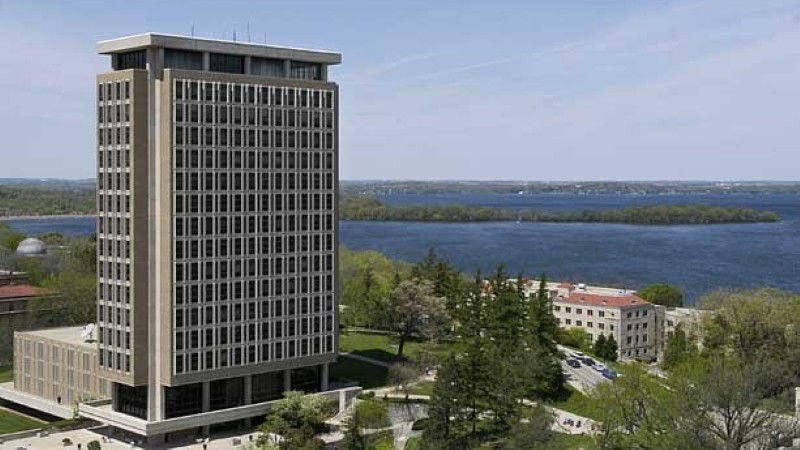Visit WisPolitics-State Affairs for premium content,
keyword notifications, bill tracking and more

The UW Board of Regents voted unanimously to give campuses the option to raise tuition by at least 5%, citing declining state support and the need to support higher wages for faculty and staff. The move comes on the heels of the state budget providing a net increase of nearly $240 million in state aid to the system over the 2025-27 biennium after university officials had sought $855 million. “We ...